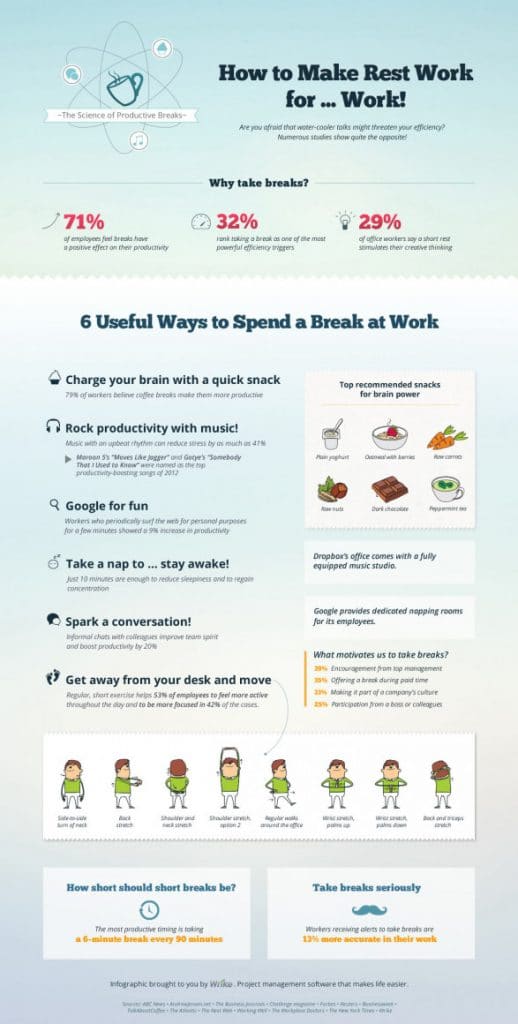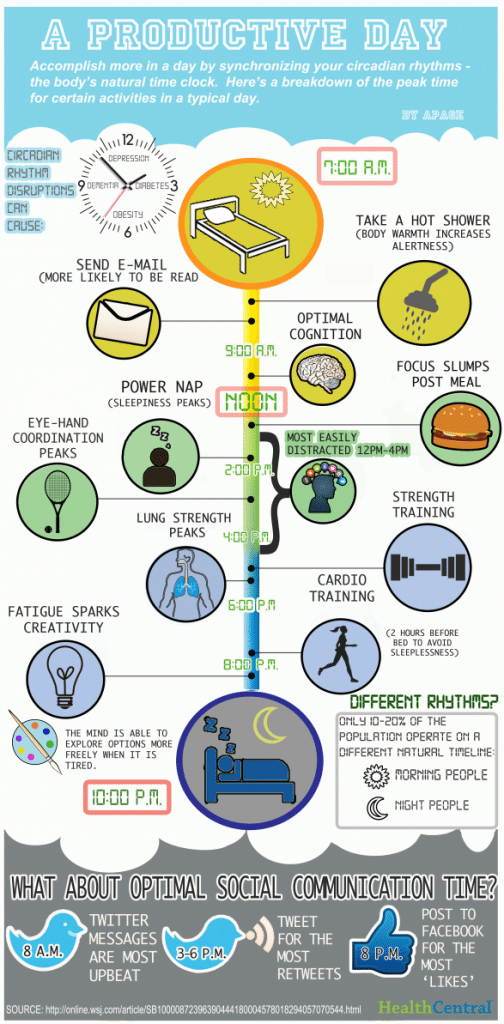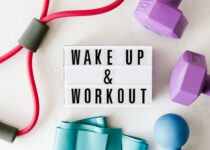5 Creative Ways to Boost Productivity in the Workplace
Discover innovative strategies for maximizing efficiency and motivation in the office. Transform your workplace with these game-changing productivity tips!
Table of Contents
When it comes to achieving your fitness goals, it’s essential to strike a balance between your workout routine and nutrition plan. By focusing on both aspects of your health and wellness, you can maximize your results and set yourself up for long-term success. In this blog post, we will explore tips and techniques for creating a balanced workout and nutrition plan that aligns with your fitness goals.
Setting Specific Goals
Setting specific and achievable fitness goals is crucial for staying motivated and on track with your workout and nutrition plan. Whether you’re aiming to improve your strength, lose weight, or simply maintain a healthy lifestyle, having clear goals can help guide your decisions and actions. When setting goals, make sure they are realistic, measurable, and time-bound. This will give you a clear target to work towards and allow you to track your progress along the way.
Creating a Balanced Workout Routine
A balanced workout routine should include a mix of cardio, strength training, and flexibility exercises. Cardio workouts can help improve your cardiovascular health and burn calories, while strength training builds muscle and boosts metabolism. Flexibility exercises, such as yoga or stretching, can enhance your range of motion and prevent injury. By incorporating a variety of exercises into your workout routine, you can work different muscle groups and achieve a well-rounded fitness level.
Implementing Nutritious Foods
Eating a balanced diet is essential for supporting your workout goals and overall health. Focus on incorporating nutrient-dense foods into your meals, such as fruits, vegetables, lean proteins, whole grains, and healthy fats. These foods provide essential vitamins, minerals, and antioxidants to fuel your workouts and promote recovery. Avoid processed foods, sugary snacks, and excessive amounts of saturated fats, as these can hinder your progress and lead to unwanted weight gain.

Image courtesy of rockcontent.com via Google Images
Meal Prepping for Success
Meal prepping is a great way to stay on track with your nutrition goals and save time during the week. By preparing healthy meals in advance, you can avoid making impulsive food choices and ensure that you have nutritious options readily available. When meal prepping, focus on creating balanced meals that include a mix of protein, carbohydrates, and vegetables. Portion out your meals into containers for easy grab-and-go options throughout the week.
The Role of Hydration
Proper hydration is vital for maintaining your energy levels, supporting digestion, and optimizing your workouts. Aim to drink plenty of water throughout the day, especially before, during, and after exercise. Staying hydrated can help prevent dehydration, muscle cramps, and fatigue. If you struggle to drink enough water, consider carrying a reusable water bottle with you and setting reminders to take sips throughout the day.

Image courtesy of www.trendhunter.com via Google Images
Avoiding Common Pitfalls
There are several common pitfalls to watch out for when it comes to your workout and nutrition plan. These may include overtraining, under-eating, relying on fad diets, or skipping workouts altogether. To avoid these pitfalls, listen to your body, prioritize rest and recovery, seek advice from a fitness professional, and make sustainable changes to your lifestyle. Remember that progress takes time, and consistency is key to long-term success.
Tracking Progress
Monitoring your progress is essential for staying motivated and accountable on your fitness journey. Keep track of your workouts, nutrition intake, measurements, and how you feel both physically and mentally. This information can help you identify patterns, celebrate achievements, and make adjustments as needed. Consider using a fitness tracker, journal, or app to record your progress and set new goals based on your results.

Image courtesy of rockcontent.com via Google Images
Seeking Professional Help
If you’re struggling to reach your fitness goals or simply want personalized guidance, consider seeking help from a fitness trainer or nutritionist. These professionals can provide expert advice, create customized workout and meal plans, and offer ongoing support to help you reach your full potential. Look for certified professionals with experience in your specific goals and communicate openly about your needs, preferences, and challenges. Together, you can work towards a healthier, happier you.
Conclusion
In conclusion, achieving your fitness goals requires a balanced approach to your workout routine and nutrition plan. By setting specific goals, creating a diverse workout routine, implementing nutritious foods, meal prepping, staying hydrated, avoiding common pitfalls, tracking progress, and seeking professional help, you can maximize your results and set yourself up for long-term success. Remember to stay patient, consistent, and motivated on your fitness journey, and celebrate each milestone along the way. With dedication and perseverance, you can achieve the healthy, vibrant lifestyle you desire.
Table of Contents

![Best Bosu Ball Reviews for 2022 [Expert Recommendations]](https://traincorefit.com/wp-content/themes/schema-lite/images/nothumb-related.png)

